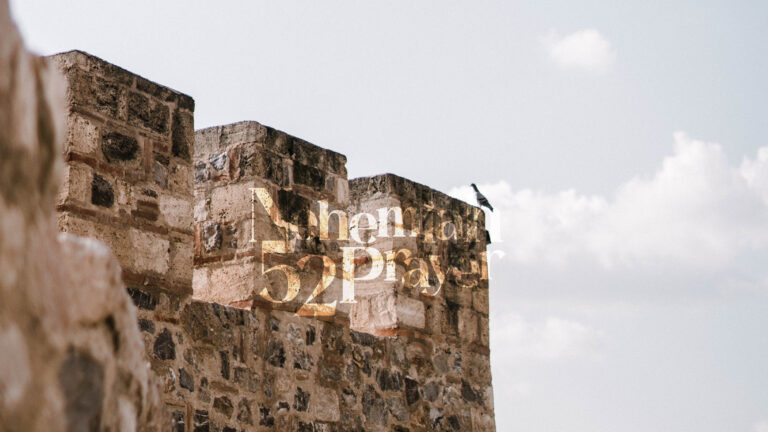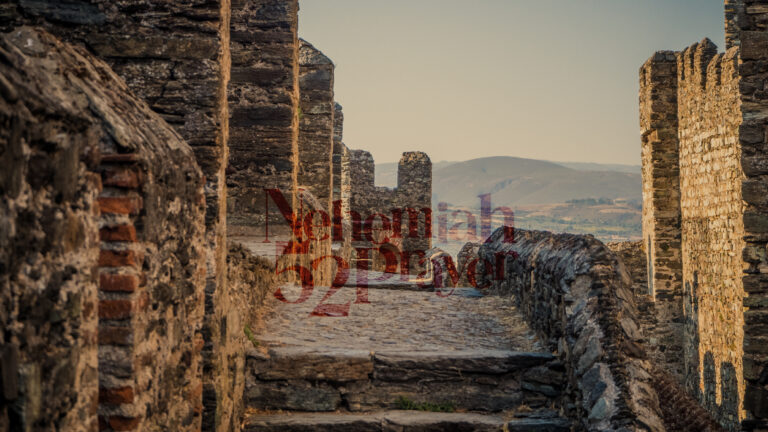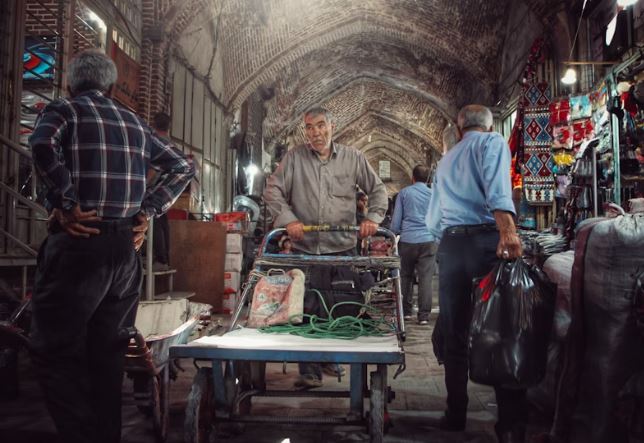“Afghanistan, you will rejoice in the LORD and glory in the Holy One of Israel!”
You will winnow them, the wind will pick them up, and a gale will blow them away. But you will rejoice in the LORD and glory in the Holy One of Israel(Isaiah 41:16,NIV)

》 Country Profile
Continent | Southern Asia
Population | 41,903,700
Area | 652,230㎢ , a dry mountainous country in the middle of Central Asia.
Capital City | Kabul (4.45 million)
People groups | Total 70 Groups, Pashtun 32.7%, Tajik 28%, Uzbek 11.3%, Hazara 8.6%, Turkmen 5.6%, Aimag 4.1%
Unreached People Groups | 68 (100% of the population)
Official Language(s) | Dari, Pashto
Total Languages | 54
Bible translations | Completed 18, New Testament 2, Partial 11
Religion | Christianity 0.05% (Protestant 0.02%, Catholic 0.02%), Islam 99.8%, Minority religions 0.1% Evangelicals Approximately 500
》 About Afghanistan
Afghanistan was founded in 1747 by Ahmad Shah Durrani, who united the Pashtun tribes. The country gained independence from Britain in 1919 after three wars. In 1973, a military coup ended 226 years of monarchy and established a republic. Another coup in 1978 brought a communist government, changing the country’s name to the People’s Democratic Republic of Afghanistan. But, within a year, a Soviet-backed government took over after the Soviet invasion in 1979. This led to a 10-year civil war between Soviet forces and anti-Soviet rebels.
In 1996, the Taliban, a militant group, took control of Kabul and enforced a strict Islamic order. After the September 11, 2001, attacks on the United States, the U.S. and its allies, along with anti-Taliban forces, began military actions against the Taliban. The UN helped set up a new constitution and elections, starting in 2004. Despite this, the Taliban continued to carry out attacks.
In 2019, the U.S. and the Taliban made a deal, leading to the withdrawal of NATO and U.S. troops starting in May 2021. The Taliban quickly took over the country, capturing Kabul on August 15, 2021. The U.S. withdrew its troops on August 30, 2021. This led to a refugee crisis, with 2.7 million people fleeing the country. Since the Taliban regained power, Afghanistan has faced a severe economic and humanitarian crisis. The oppression of women and rule by fear have deepened its isolation from the international community, negatively impacting the country’s economy and society as a whole.
Afghanistan’s economy was very poor and relied heavily on foreign aid before 2001. It had the highest opium production in the world, which funded the Taliban and other armed groups. After the U.S.-led invasion, there was significant international aid and increased economic activity. This improved access to services like water, electricity, and education and led to steady government revenue growth. Key industries include small-scale crafts (textiles, furniture, shoes, carpets), mining (natural gas, coal), and agriculture (wheat, fruit, wool).
The economy grew by 3.9% in 2019 after recovering from a drought. However, political instability, COVID-19, and the Taliban’s return have worsened the situation. Due to political instability and international isolation, foreign assets have been frozen, and access to the global financial system has been blocked. Financial controls and restrictions on women’s economic activities have led to massive unemployment, leaving 95–97% of Afghanistan’s population living below the poverty line. More than half of the population, including 3.5 million internally displaced people, rely on international aid. About 23 million people, or 55% of the population, are facing severe hunger, and 9 million are in a food crisis. In June 2022 and October 2023, major earthquakes further intensified the crisis.
Afghanistan’s GDP per capita is approximately $524.
》 Scripture Focus
| Isaiah 41:14-20(NIV) 14 Do not be afraid, you worm Jacob, little Israel, do not fear, for I myself will help you,” declares the Lord, your Redeemer, the Holy One of Israel. 15 “See, I will make you into a threshing sledge, new and sharp, with many teeth. You will thresh the mountains and crush them, and reduce the hills to chaff. 16 You will winnow them, the wind will pick them up, and a gale will blow them away. But you will rejoice in the Lord and glory in the Holy One of Israel. 17 “The poor and needy search for water, but there is none; their tongues are parched with thirst. But I the Lord will answer them; I, the God of Israel, will not forsake them. 18 I will make rivers flow on barren heights, and springs within the valleys. I will turn the desert into pools of water, and the parched ground into springs. 19 I will put in the desert the cedar and the acacia, the myrtle and the olive. I will set junipers in the wasteland, the fir and the cypress together, 20 so that people may see and know, may consider and understand, that the hand of the Lord has done this, that the Holy One of Israel has created it. |
》 Prayer Points
1. Let’s give thanks for the believers in Afghanistan who have been strengthened by God over the past 20 years since the 2001 war. Christians in this land must hide their faith and cannot worship openly. There are no church buildings; instead, worship is conducted in underground churches or homes, and those who seek Christianity or the Christian faith must keep it completely secret. It is common for Christians to be beaten, tortured, and kidnapped. However, house churches continue to grow, and many have been martyred. Many Afghans are disillusioned with Islam under the harsh control of the Taliban and are seeking the truth.
Let us pray for Christians who risk their lives to share their faith. Muslims and Taliban fighters have come to believe in Jesus through miraculous visions and dreams. Let us pray that through the Lord’s churches, the souls of Afghanistan will come to know and return to God.
2. Let us pray for Afghanistan. In a land suffering from endless war, civil conflict, terrorism, and crime, let us ask for Christ’s peace to reign. In 2001, a new Afghan government was democratically elected with the support of the U.S. and the UN, and a constitution was established. Although it seemed the country was moving away from Taliban rule, after the U.S. military withdrawal in 2021, the Taliban quickly regained power. Afghanistan, the poorest country in the world, now faces severe poverty, with 95-97% of its population suffering due to reduced production and unemployment.
Let us pray for Afghanistan, which is in grave economic and social danger. Under the brutal Taliban rule, not only the economy and society but also human rights have collapsed, with terror threats everywhere. The Taliban remains unyielding, and no negotiations are taking place. They are trying to establish an Islamic state by controlling all territory based on their interpretation of Islamic law.
Let us pray for the end of the Taliban’s oppressive regime, similar to a military dictatorship. As those in distress and poverty search for relief, may they find the Lord. Let us pray that God’s promise to not forsake and to help them will be fulfilled.
3. Let us pray for the Hazaras of Afghanistan. The Hazara are an ethnic minority living in central Afghanistan. They are distinctly different in appearance from the Pashtuns and Tajiks who make up the majority of Afghanistan. The Hazara practice Shia Islam and maintain their own distinct language and culture. The Hazara are unwelcome, discriminated against, and ostracized in Afghanistan. The Hazara are oppressed, impoverished, massacred, persecuted, treated as aliens, and denied socioeconomic benefits. The Taliban capitalized on this hatred and gained popularity through genocide and repression against them. The Hazara people are actively and fiercely resisting the Taliban’s ethnic cleansing and extreme repression. Let us pray that the Hazara will rejoice in the Lord’s salvation and be a people who boast in His name.
》 Urgent prayer requests around the world need your prayer!





